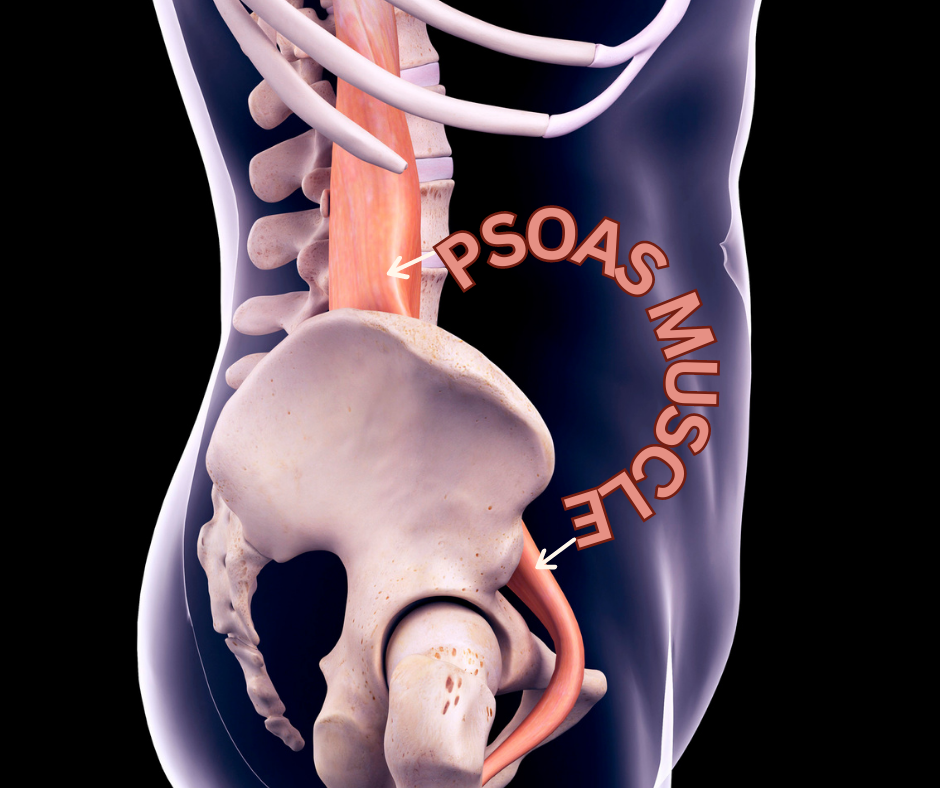Quality sleep & correct spinal posture
The benefits of quality sleep & correct spinal posture is something that arises often. So, let’s break it down to these two points which are body alignment during sleep plus health & wellbeing.
It’s important to adopt the best sleeping position for your body.
Spinal alignment is key when trying to find a comfortable, supportive position. Your spine must be in correct alignment from head to tailbone so that all your body’s weight distributed. For example:
- If you sleep on your side, keep your knees bent and use a pillow between your legs. Which prevents twisting or straining of your spine. You can also place a pillow underneath your head & neck for support.

- Sleeping on the back with a pillow underneath the knees. Will help maintain proper spinal alignment as well.

- sleeping on your stomach is not recommended, it’s also taxing for your back & neck. That can lead to poor sleep & discomfort throughout your day.
Benefits of quality sleep:
- During sleep, the body can repair cells
- While sleeping your blood pressure goes down giving your heart and blood vessels a bit of a rest.
- Recover from illness or stress
- Regulate hormones
- Improve memory function and concentration
- Boost mood and support health.
- Research shows that having quality sleep factors into maintaining good health and wellbeing.
- Getting quality sleep is essential for health and well-being.
Inadequate sleep has a negative impact on your:
- Physical health
- Performance
- Even relationships
It can also increase your risk of chronic diseases like:
- Diabetes
- Heart disease
- Obesity
- Depression
- Poor concentration & memory problems
- Productivity
- Mood swings
- Weakened immune system
- Increased risk for diabetes
- Heart disease
These are some of the known health risks associated with lack of sleep.
The cause of inadequate sleep can vary, but common contributors include:
- Stress
- Lifestyle habits
- Health conditions
- Medications.
- Poor spinal posture while sleeping
To get the restful sleep you need to function at your best each day:
- It’s important to understand the health benefits of good sleep
- As well as the causes of lack of sleep.
So, not getting enough sleep can have a wide range of negative reactions in your body.
Sleep tips:
- Stick to a sleep schedule
- Set aside no more than 8 hours sleep. If you don’t fall asleep within about 20 minutes of going to bed, leave your bedroom, do something relaxing. Read or listen to soothing music. Go back to bed when you’re tired.
- Pay attention to what you are eating, don’t go to bed hungry or stuffed
- Avoid heavy or large meals within a couple of hours of bedtime. Discomfort might keep you up. Nicotine, caffeine & alcohol deserve caution, too. The stimulating effects of can take hours to wear off and can interfere with sleep.
- Create a restful environment
- Keep your room cool, dark & quiet. Exposure to light in the evenings might make it more challenging to fall asleep. Avoid prolonged use of light-emitting screens before bedtime.
- Include physical activity in your daily routine. Regular physical activity can promote better sleep. But, avoid being active too close to bedtime.
- Spending time outside every day might be helpful, too.
- Managing Worries. Try to resolve your worries or concerns before bedtime. Jot down what’s on your mind and then set it aside for tomorrow.
Thus, it is important to practice healthy sleeping habits and get an adequate amount of rest. Sleep is essential for health and wellbeing, so focus on it in your life!









